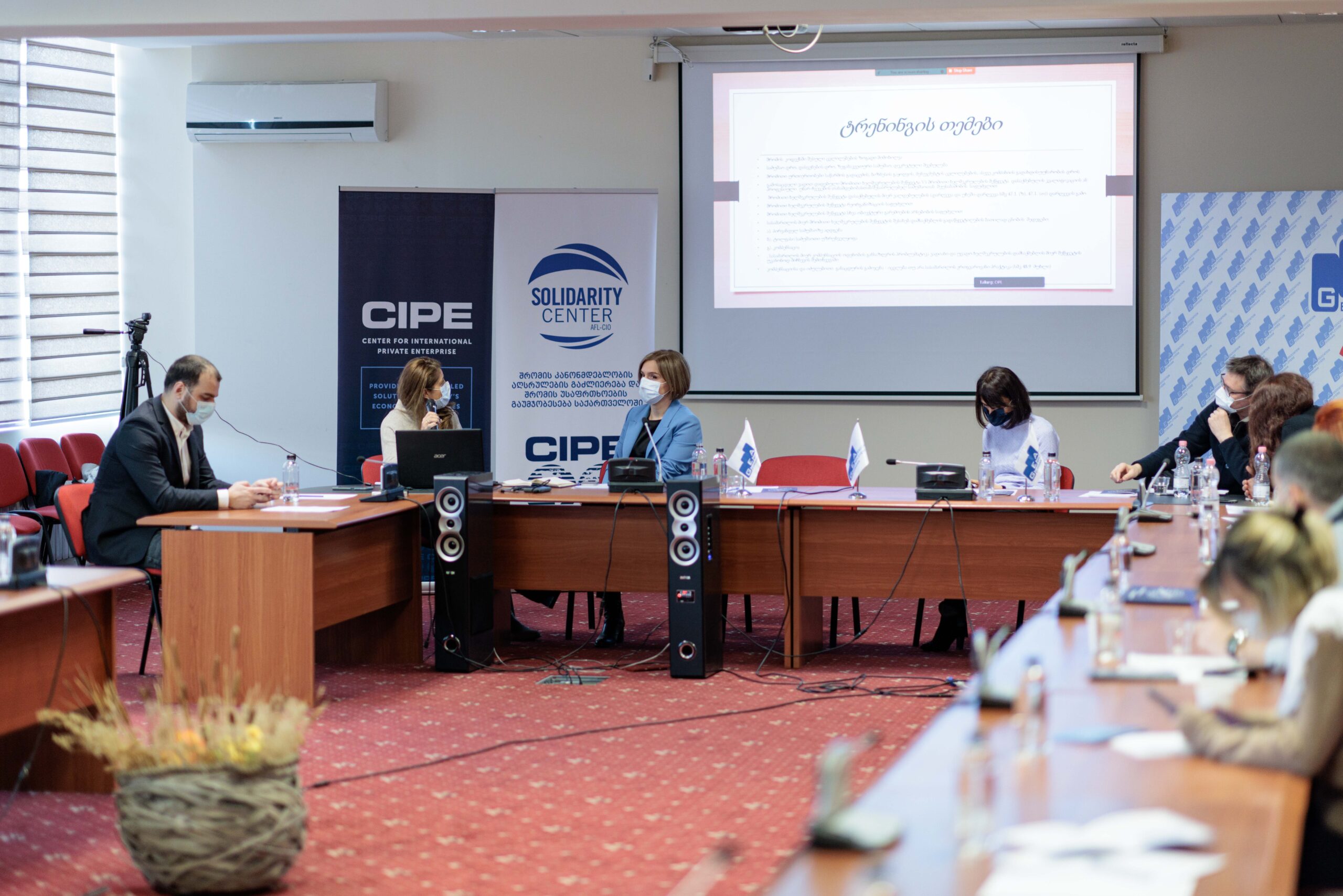Working Roundtable with Judges Discussion of the ALFG proposed Amendments to the Civil Procedure Code of Georgia
On March 24, 2015, 10 a.m. Association of Law Firms of Georgia (ALFG) organizes working roundtable with judges at hotel “Ambassador”, in order to discuss draft amendments to the Civil Procedure Code of Georgia.
Lawyers of ALFG member firms have been working on the amendments to the Civil Procedure Code of Georgia since October, 2014. Professor Rory Bahadur from Washburn University (USA), invited by the National Center on Commercial Law at Free University of Tbilisi, provided his feedback and remarks to the proposed amendments.
These amendments were initiated with a view to ensure adversarial nature of the process between the disputing parties. In order to implement procedural efficiency principle in practice, provisions related to party explanations, witness questioning and appointment of experts have been redrafted with better formulation. The draft also proposes introduction of temporary and primary security measures modelled on the US Civil Procedure Code. Members of the Association consider that, apart from the party and his/her family members, only qualified attorneys should have the right to represent parties in the courts of first instance. In addition, Association members consider that in circumstances when the party and his/her attorney appear at a hearing and a party confirms that the accompanying lawyer is his representative authorized to defends his/her interests, this statement should suffice for the judge to approve party’s will and the fact of having the lawyer; the party should not need to present a notarized power of attorney to the court in this case. Amendments also specify lawyer’s fees, default judgement cases, renewal of court proceedings and refine provisions related to mediation and court settlement.
Discussion of these proposed amendments with judges is important in order to obtain their feedback, comments and remarks, which will improve the draft, both content and formulation wise. ALFG members will continue working on the amendments and will then present the draft to the Ministry of Justice Private Law Reform Advisory Council sub-group working on procedural matters.
The process of working on amendments to the Civil Procedural Code is supported by the USAID funded Judicial Independence and Legal Empowerment Project (JILEP) implemented by East-West Management Institute (EWMI).




